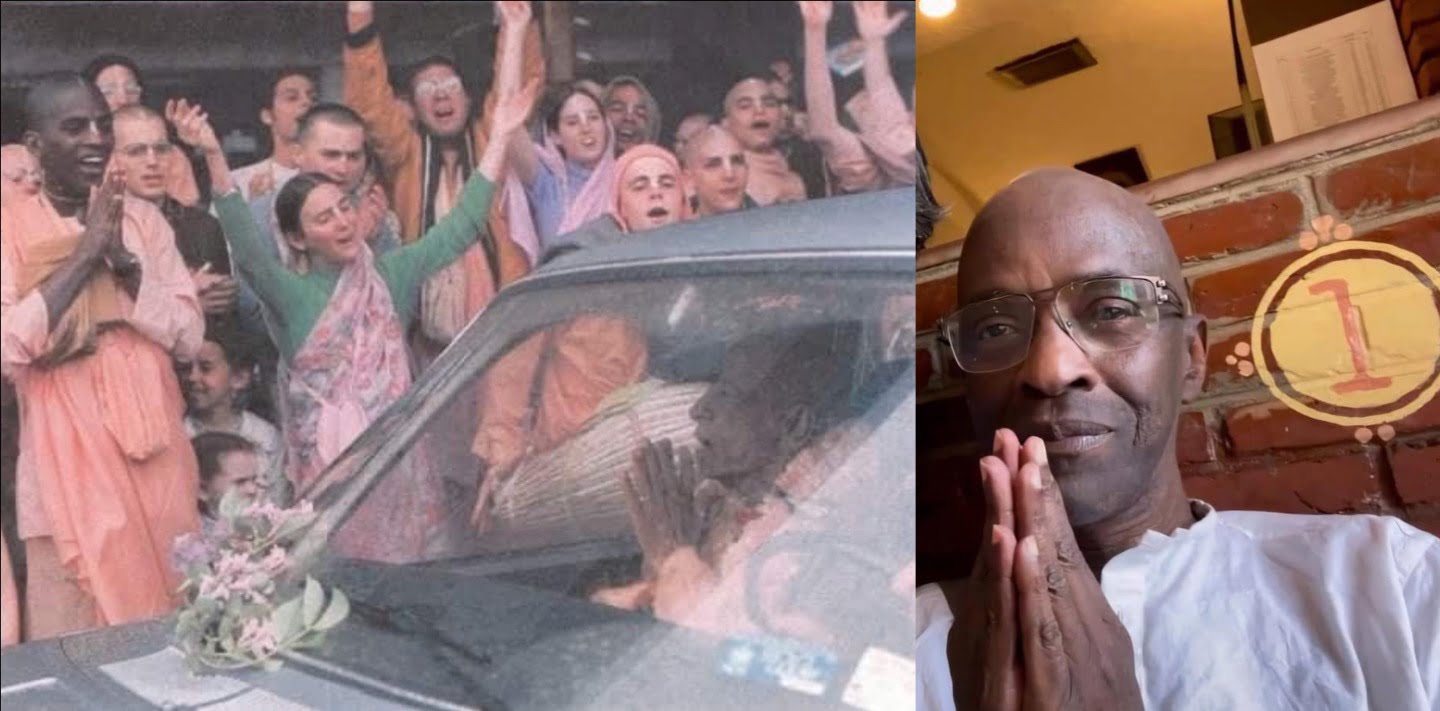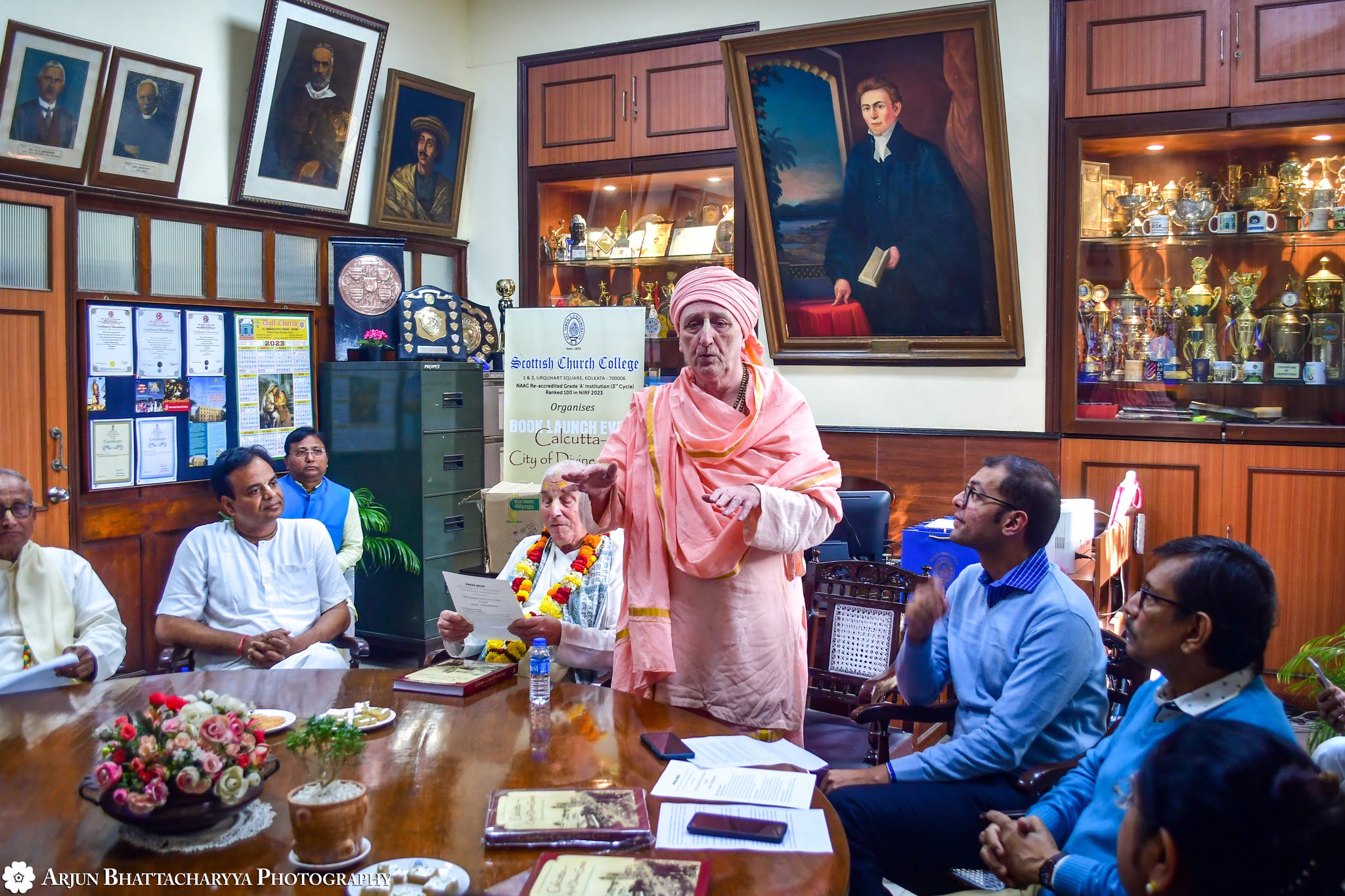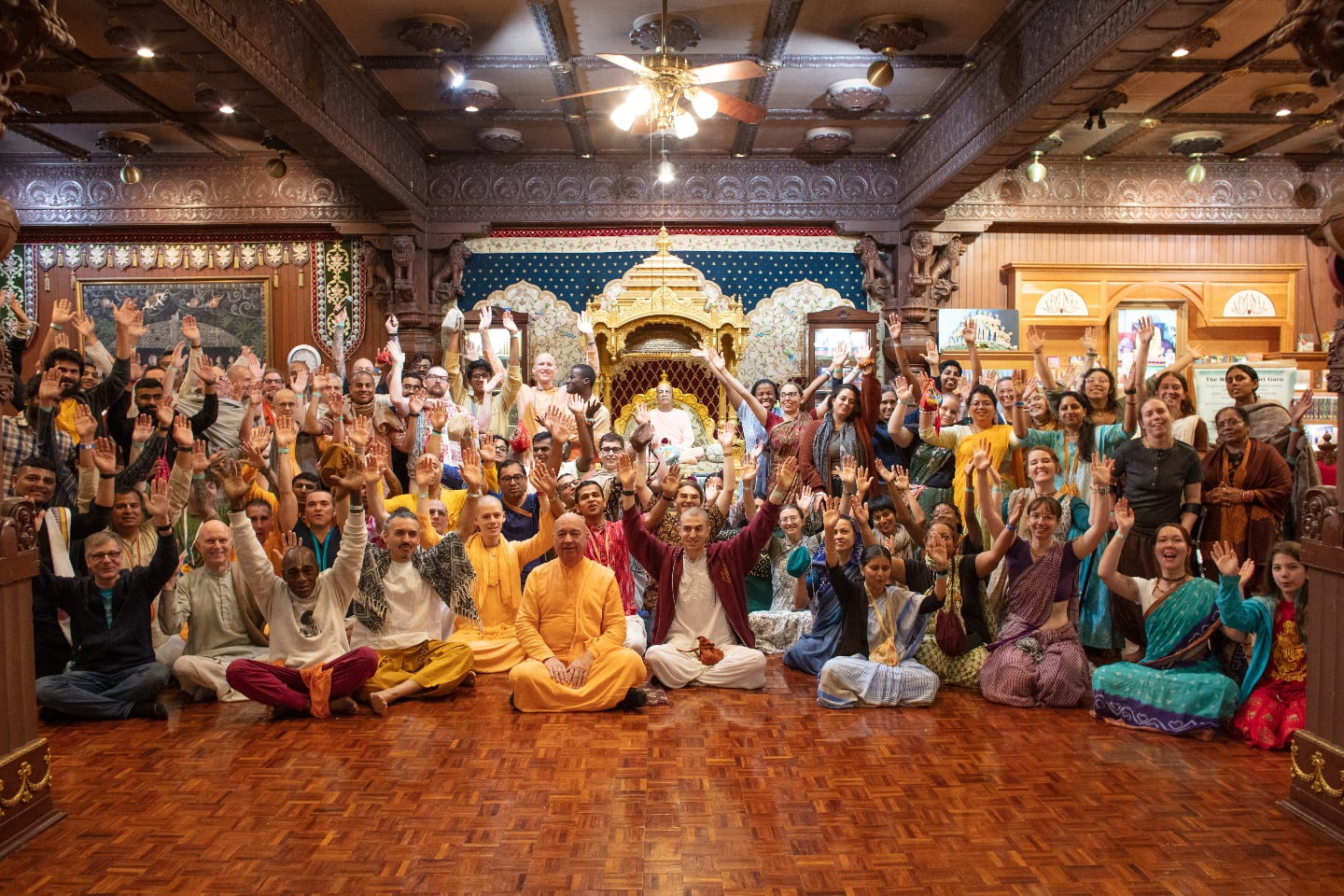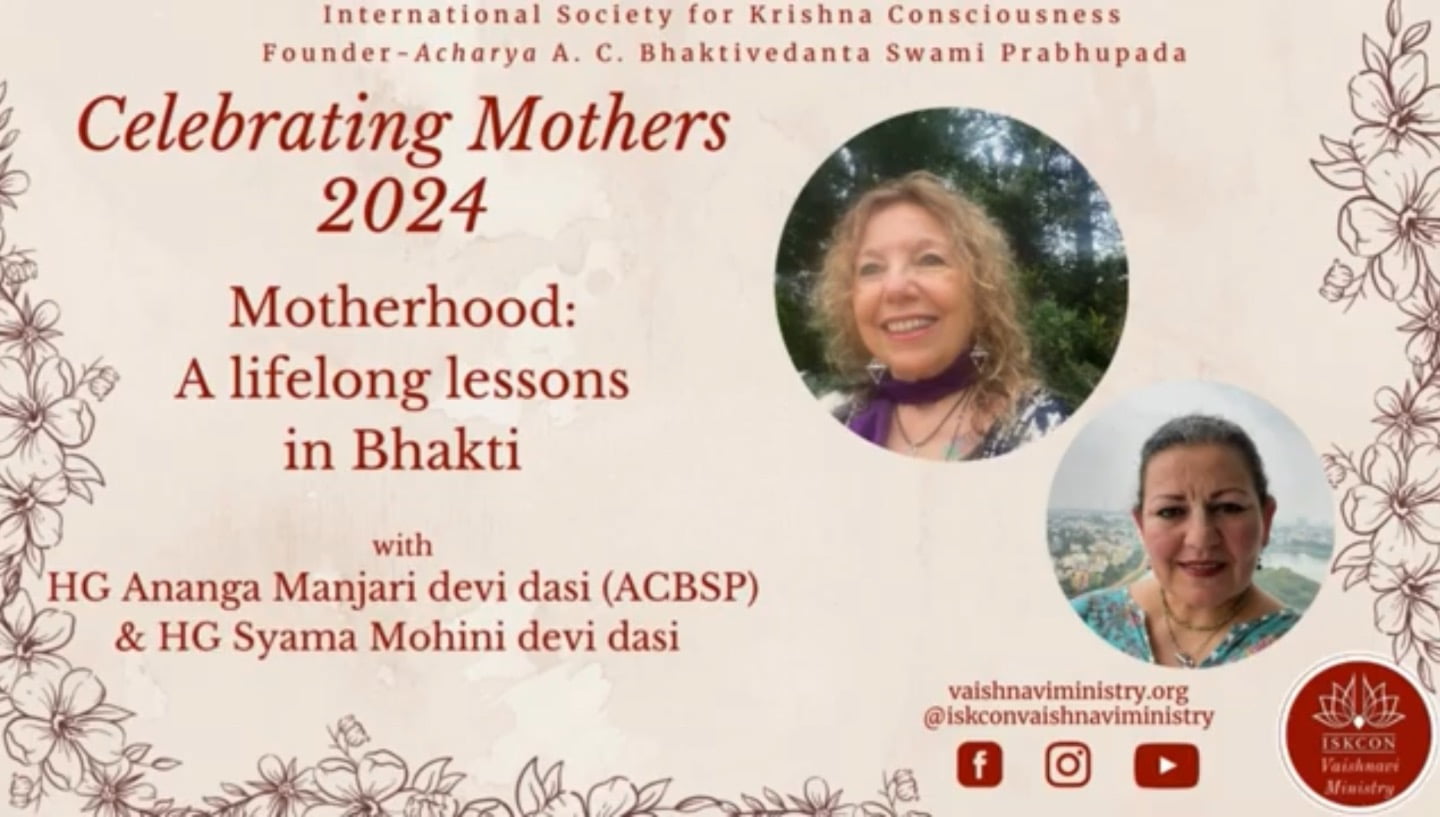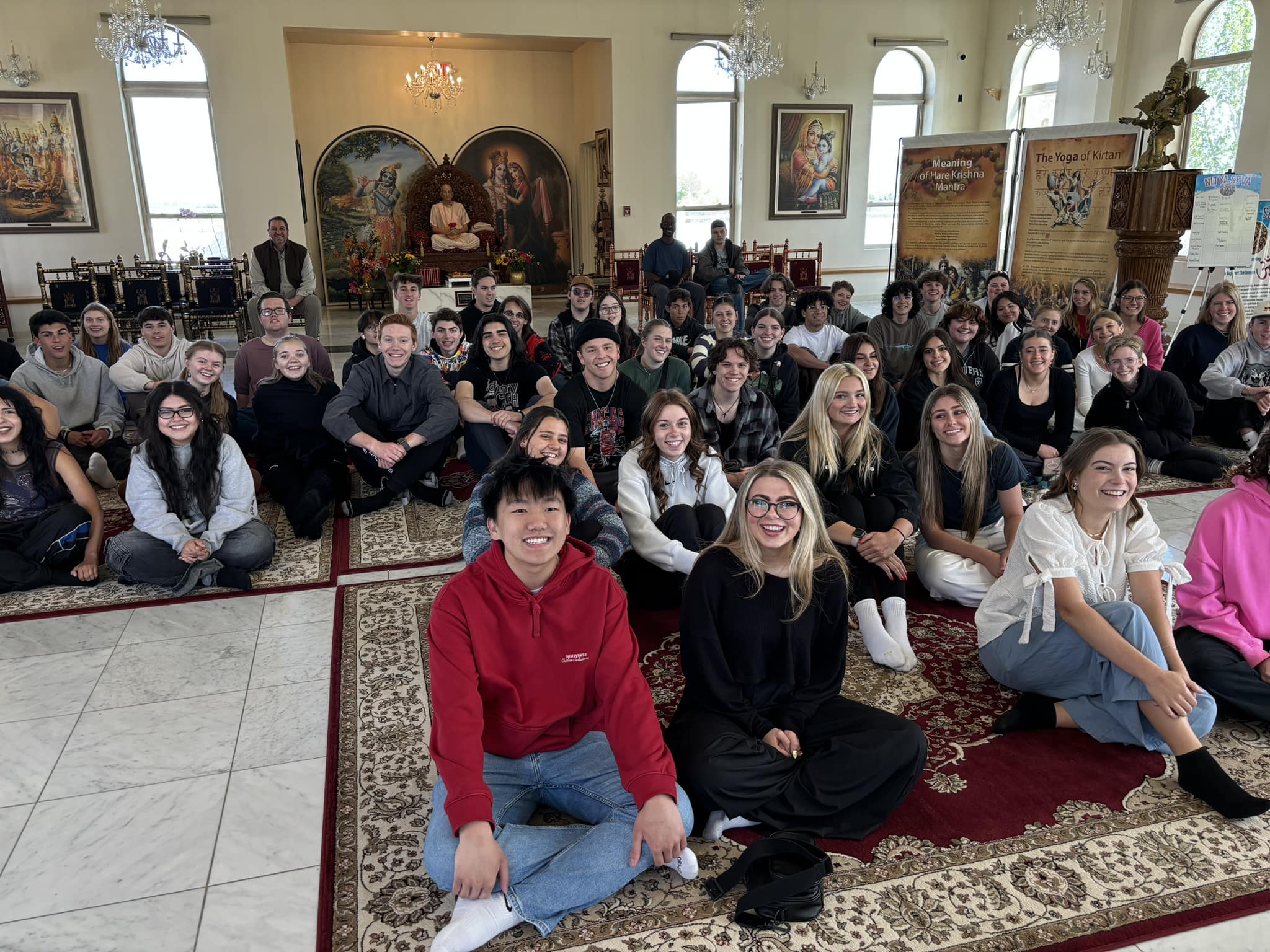Part of The Conversation
By Sesa Dasa | Aug 29, 2009

The New York Times has a great thing going. I mean besides being one of the most influential news sources in the world. They have this great feature where two of their regular columnists debate a topic. It’s called The Conversation, and recently Gail Collins and Ross Douthat debated cruelty to animals in discussing the case of fallen American football icon Michael Vick, who recently completed an eighteen month stint in federal prison for involvement in a dog fighting ring.
This dog fighting is apparently a pretty nasty business. Basically, dogs are viciously pitted against each other, and those that fail are brutally killed. Vick admits that he got what he deserved for this misbehavior. But, the interesting thing about the Collins-Douthat Conversation is that it revolves around their differing views of the sometimes compelling and the sometimes repelling bioethicist Peter Singer.
Collins, who was somewhat compelled by Singer, wrote, “I was struck when Daniel Rubin, a columnist for the Philadelphia Inquirer asked Peter Singer, the bioethicist and author of “Animal Liberation” about the Vick case. Singer said he thought people might have “rushed to judgment because he did something awful to dogs.” He pointed out that pigs suffer in the conditions where they’re being kept as they’re raised and then killed for food. But nobody cares much even though “there’s every reason to believe that pigs are as sensitive and intelligent as dogs.”
She concludes, “We should channel some of our concern for dogs and cats toward factory farms that keep masses of animals in a state of permanent discomfort until they’re slaughtered. But you do not have to invite a pig to sleep at the foot of your bed.”
Douthat, who was somewhat repelled by Singer, wrote, “On the one hand, I have an instinctive sympathy for the critique of factory farming”¦The ‘hiddenness’ of the violence involved, in particular — the way most meat-eaters, myself included, are completely shielded from the link between the slaughterhouse and the supermarket — seems like it belongs to a larger critique of America’s unseemly comfort with semi-invisible forms of brutality, from the violence inherent in our prison system (this kind, especially) to the violence inherent in our abortion rate.
“At the same time, though, I’m a unapologetic species-ist: I reject Peter Singer and all his works, I think that the value of animal lives is contingent and the value of human lives absolute, and I would leave a thousand pigs to die in conditions of absolute misery to save a single human infant.”
He concludes, “”¦I don’t have any difficulty seeing why people are more outraged by cruelty toward dogs than by cruelty toward pigs. Yes, the two species may be equally intelligent, but we have a different relationship with dogs than we do with pigs: we’ve bred them and trained them, across millenia, to be not only our subjects but our intimates, our partners, our friends. And relationships ought to matter in making moral judgments.”
Pardon me if I crash The Conversation, but I have a Point of Information. This technique is used in the debate format when an opponent of the speaker raises a question in an attempt to expose a vulnerability in their argument. I don’t see myself as an opponent but I do see vulnerabilities in the points made by both Collins and Douthat and wish to offer some constructive information which will enrich the dialogue.
Ms. Collins and Mr. Douthat, you both speak with concern about cruelty to animals, but you both do so in terms of their utility to human beings. Do animals have an inherent value, independent of their relationship with humans, which entitles them to freedom from harm or suffering? I say they do.
Mr. Douthat, there is a purpose to animal life, a purpose beyond the companionship or flesh they provide humans. From the teachings of the Gaudiya Vaisnava masters, specifically Srila Bhaktisiddanta Saraswati Thakur, we learn this about every animal’s journey in life:
Every individual soul is essentially a particle of the same qualitative spiritual energy as the God is Himself made of by His own will. The individual soul cannot be satisfied simply by the satisfaction of gross bodily or subtle mental food etc, but he has to be satisfied of his perpetual or eternal hankering after spiritual unification with his essential Whole the Supreme Absolute Truth the Personality of Godhead. The individual soul has been encaged in his gross material body and subtle mind by a time immemorial process of his willful association with the material world and as such he has practically forgotten that he is essentially a spiritual entity encaged in the material coverings of the body and the mind.
In the Bhagavad-gita it is stated that this planet or any other planet up to the planet known as "Brahmaloka" or the topmost planet of this universe are all temporary moving compartments like the railway carriage drawn by a machine under the influence of Maya or external energy of Godhead. They are all different carriages or changing abodes of living being. None of them are the perpetual abode of the human being [or animal]. They are placed in those moving planets temporarily according to their different ‘Karma’ but they are perpetually life after life in a changing habit. The permanent abode of living entities is the Kingdom of God. When the living entity is placed in that permanent abode of God, he has no more to travel in the railway compartment of machines made by maya or the External Energy of Godhead.
The Kingdom of God is therefore the destination of the living being, may it be encaged in any form of embodiment. The aquatic, the plants, the reptiles, the birds, the beasts or the man all are essentially spiritual entities and parts and parcels of Godhead but they have been differently encaged in different forms of embodiment and placed in different compartments of the moving planets according to different karmas. But in spite of this all the different embodied living entities are entitled to enter into the Kingdom of God.
This greater plan for all living beings is beyond our control, and should remain beyond our interference. Consequently the truly moral person takes care not to annihilate untimely or unnecessarily any life form. All living entities have to fulfill a certain duration for being encaged in a particular type of material body. They have to finish the duration allotted a particular body before being promoted or evolved to another body. Killing an animal or any other living being simply places an impediment in the way of his completing his term of existence in a certain body. One should therefore not kill bodies for one’s own gratification, for this is beyond our dominion.
How then are we to relate with animals? After all, we are here, the animals are here, and that there are both dominate and accommodating relationships with various species cannot be denied. For instance, the question is sometimes raised that if we accept your point that the living being (the spirit soul) is completely transcendental to the material body, why should necessary killing, say killing for the practical purpose of getting food to eat, if great pain is avoided, be considered wrongful violence?
Ms. Collins you bring this question of practicality into the argument when you make a practical distinction between how we should treat pets like cats and dog versus pigs. Agreed that some distinction is necessary, but how we go about making these distinctions is crucial. Human history is rife with stories of how “practicalities” evolved into justification for harm to some and care for others.
Two things are necessary to prevent sliding down this slippery slope. First, is the knowledge described above. Second, is the development of the real human potential. The human being is different than, even better than, the animals due to being gifted with advanced consciousness. But such advanced consciousness is not meant simply for eating, sleeping, mating, and defending, the principals of life that human beings share with animals. Rather, human consciousness is meant for understanding the very knowledge described above. Whereas animals evolve through each term of life, advancing simply by the process of living and dying, human beings make pertinent choices about how to recuperate from the illness of ignorance, about how to advance and not degrade oneself, about how not to slide down the slippery slope, about how not to justify dog fighting as legitimate entertainment or the systematic cruelty of factory farming as necessary.
Thus, one of the qualifications of a human being with advanced consciousness is that he is very tolerant and is merciful to all fallen souls. He is merciful because he is the well-wisher of all living entities. He is not only a well-wisher of human society, but a well-wisher of animal society as well. And, he treats all living entities in such a way that they can ultimately get salvation from this material entanglement.
This science of the spirit soul’s sojourn is told in Bhagavad-gita. The Bhagavad-gita is never meant for any particular sect of human society; neither is it meant for the human being only. It’s a handy reference whenever you debate the value of life, human or animal.






